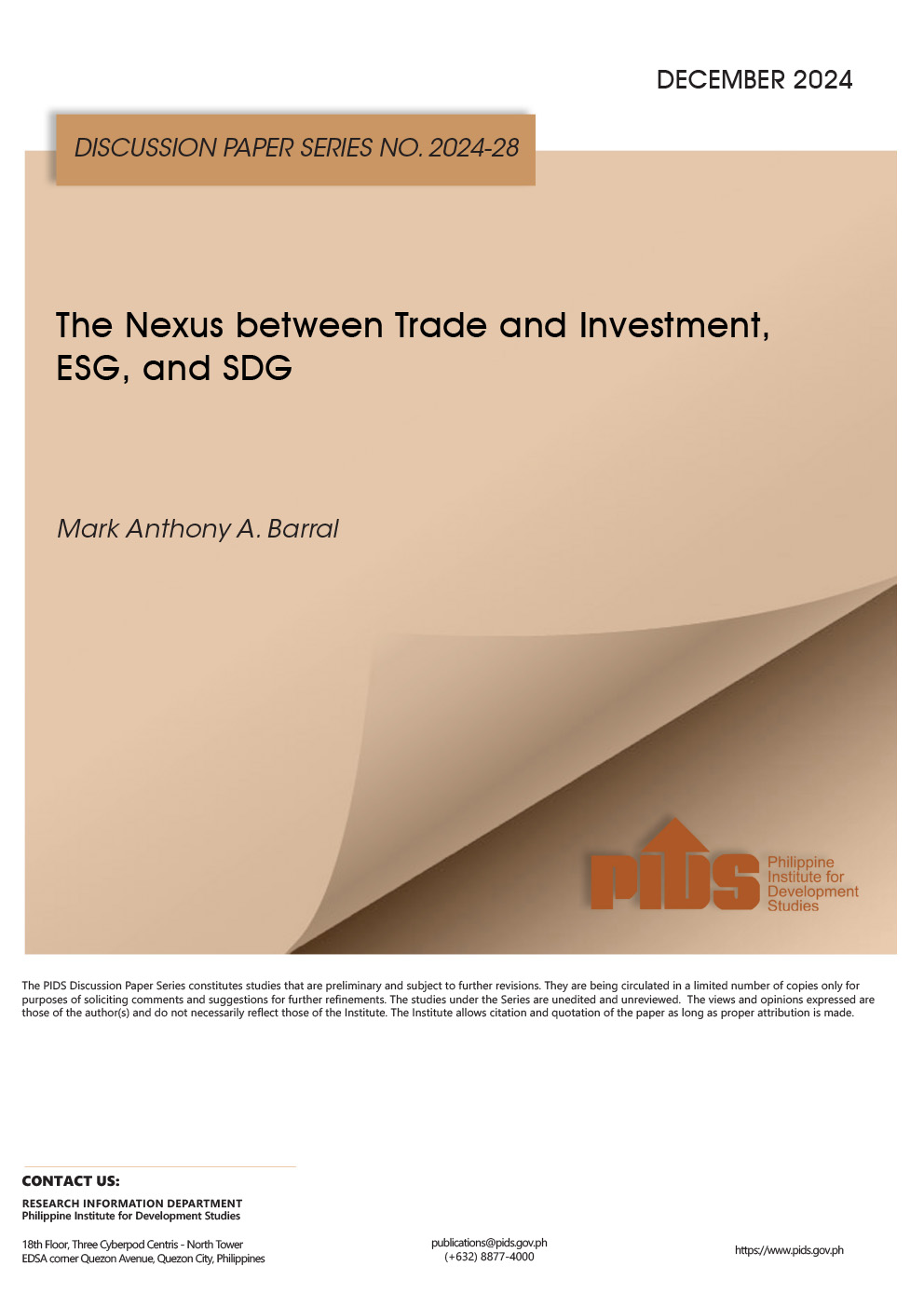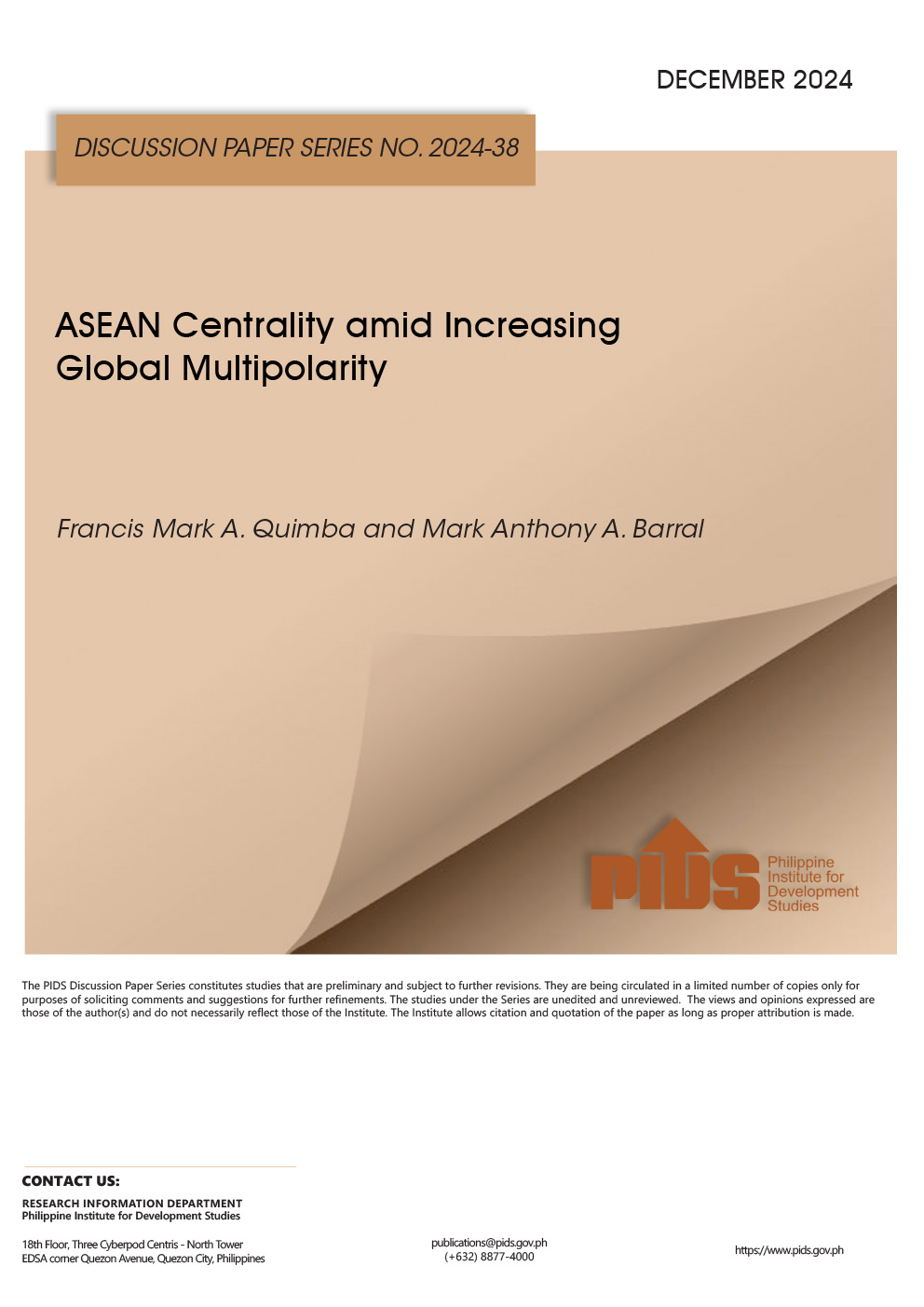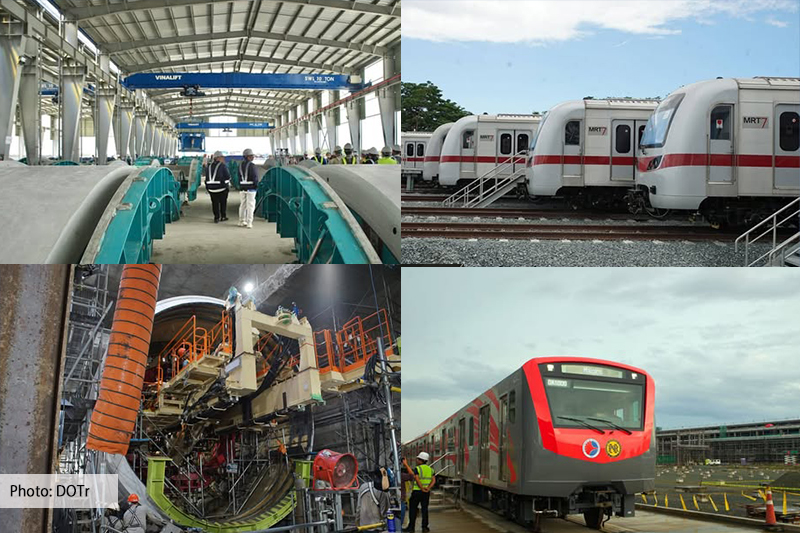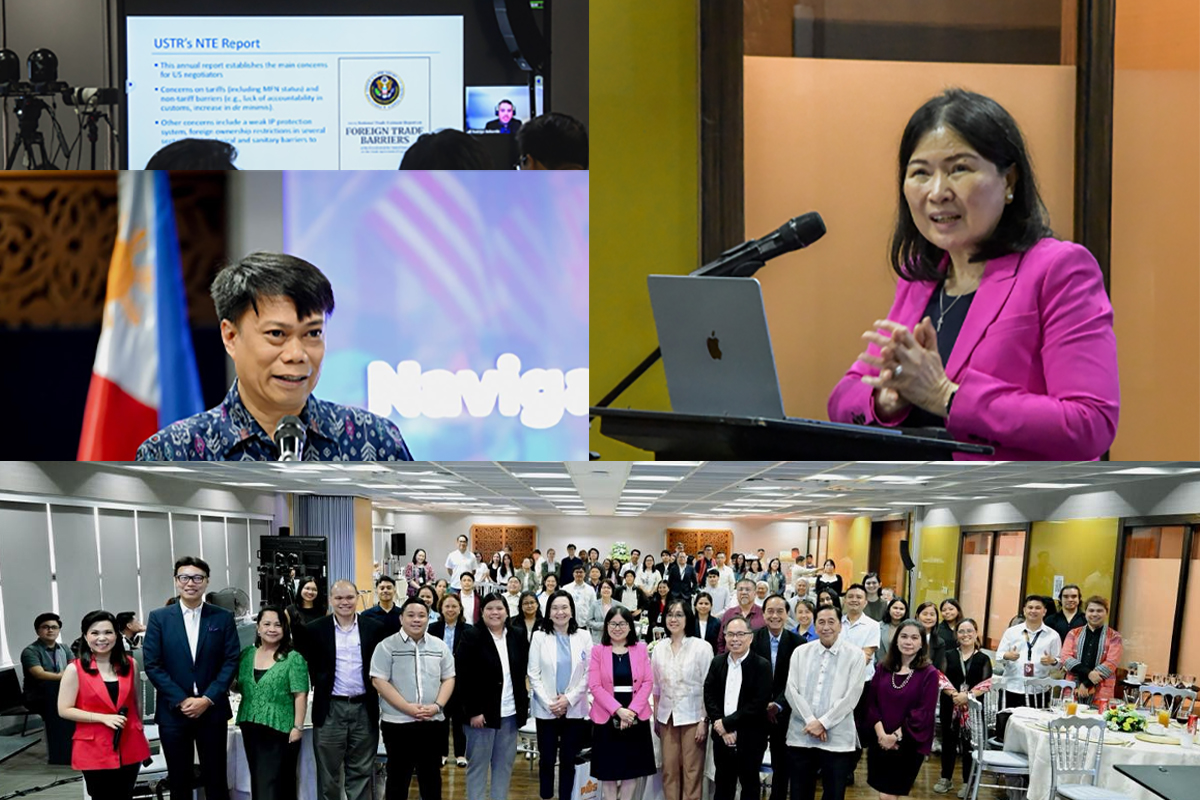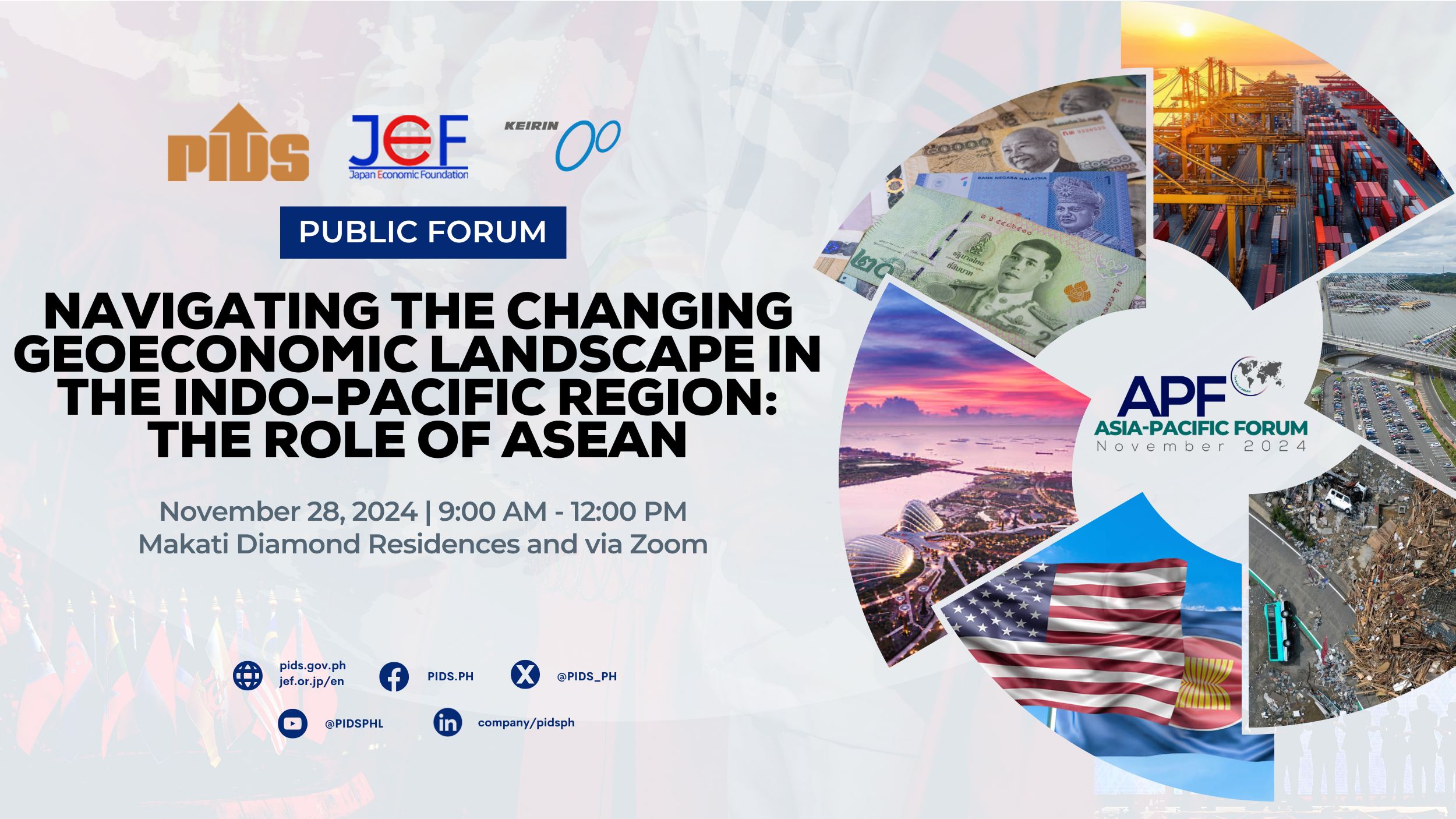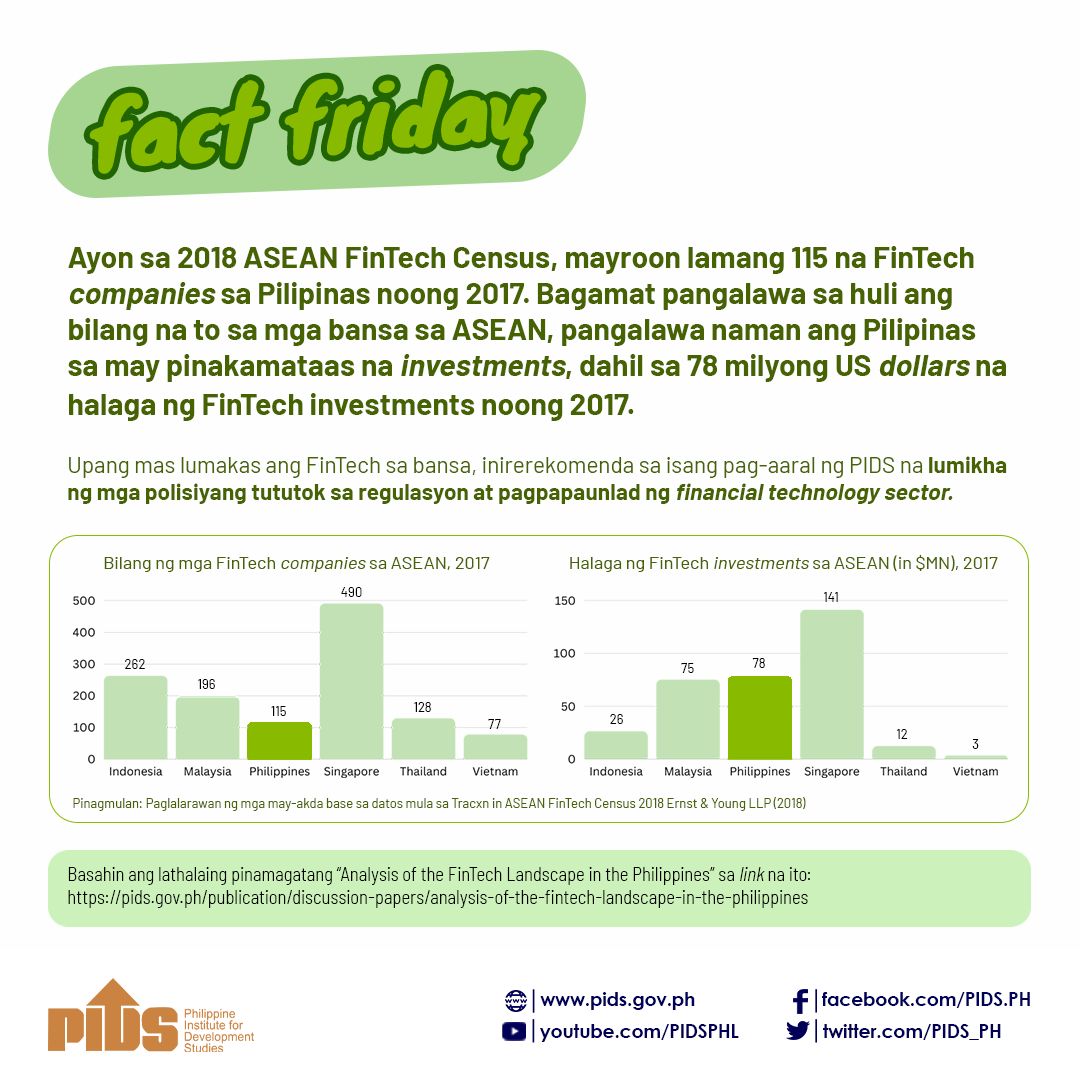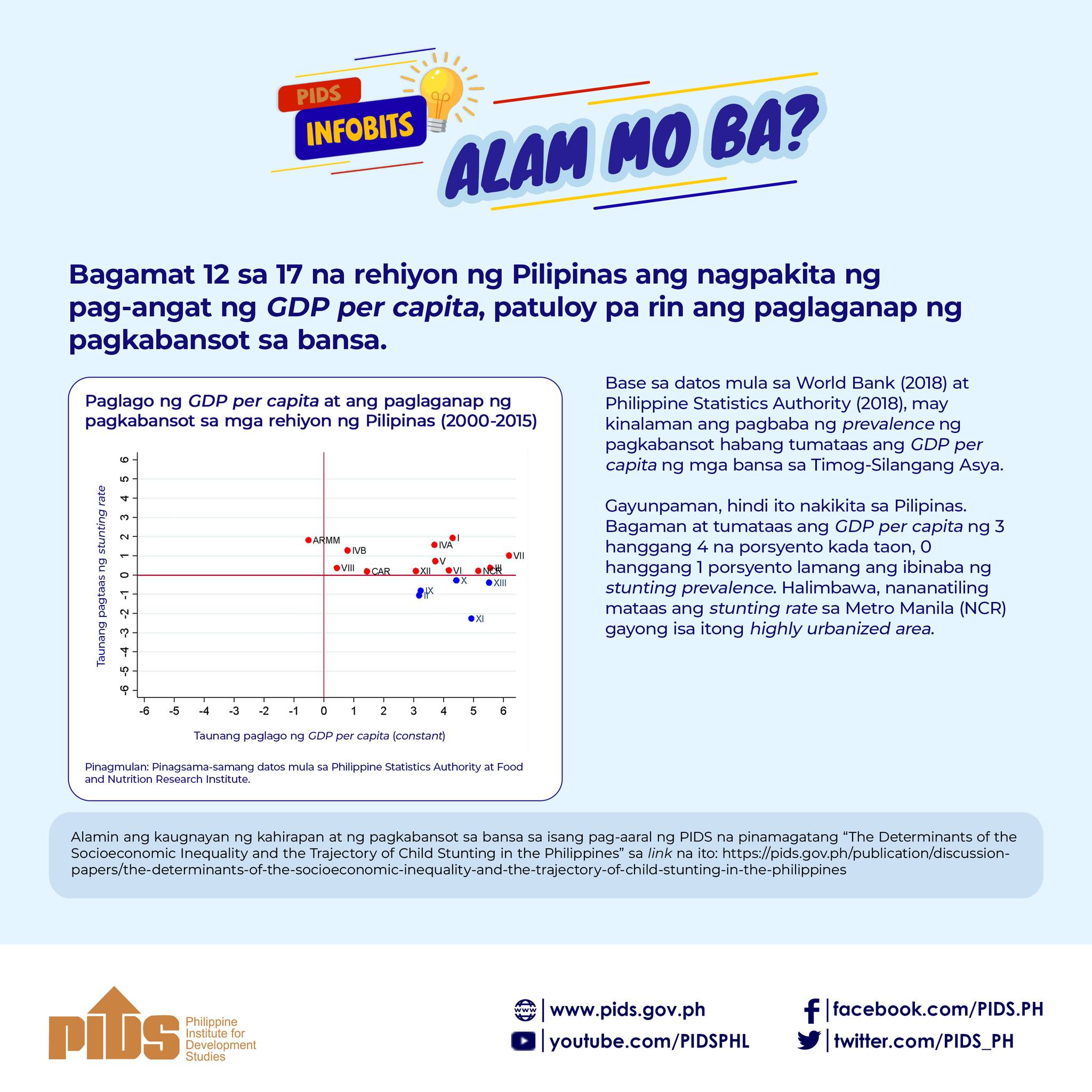SOUTHEAST Asian countries exporting products to the European Union (EU) may be forced to pay higher tariffs if their shipments do not meet the strict environmental standards that will take effect in the region next month, according to an expert from the United Nations Educational, Scientific and Cultural Organization (Unesco).
In a presentation at the 9th Annual Public Policy Conference of the Philippine Institute for Development Studies (Pids), Unesco Science Report Editor-in-Chief Susan Schneegans said this is one of the pressing concerns that should prompt Asean countries to decarbonize.
Starting in October, the EU will implement its “carbon border adjustment mechanism” that imposes higher duties on carbon-rich imports. The mechanism aims to make European companies commit to decarbonization.
“The idea is two-fold. It’s to buffer European companies that commit to decarbonization from unfair foreign competition and to make carbon rich imports pay higher customs duties and tariffs,” Schneegans said last Tuesday.
Schneegans said products that will be immediately affected are imports of cement, iron and steel, aluminum, fertilizers and electricity. Later, the mechanism will impact hydrogen, organic chemicals and polymers like plastics.
“(This is) aligned with World Trade Organization rules (and) may be emulated by Canada, China and Japan, etc.” she said.
This mechanism, Schneegans said, is part of recent efforts made by the EU—the European Green Deal 2021 to 2027—that aims to prioritize the green transition and digital transition of the region.
Under the industrial strategy for the “Green Deal” are the following: creation of new markets for climate-neutral and circular products; pour 1 trillion euros on a Sustainable Europe Investment Plan; and, the “just transition mechanism,” which is a fund that can help cushion job losses from the phase out of polluting technologies and industries.
The “Green Deal” also includes research strategies that are geared toward the creation of 100 climate-smart cities by 2050 and the identification of next-generation technologies as well as upscaling start-ups.
Required policies
VIA live video feed during the Pids forum, National Economic and Development Authority (Neda) Secretary Arsenio M. Balisacan said Manila has “long recognized that dealing with the issues associated with climate change has no one-size-fits-all solution.
“Each region grapples with unique environmental, economic and social circumstances necessitating tailored approaches,” he added.
Nonetheless, Balisacan said, the shift to an environmentally sustainable economy “can only be effective if we craft the required climate, environmental and energy policies in a manner that upholds social justice and advances human development.”
The state’s chief socio-economic planner said the Philippines has not been remiss in its efforts to go green and digital. Balisacan said the country intends to leverage on its favorable position in the green metals industry regarding the green transition.
“The country is a top supplier of nickel, which is integral in manufacturing electric vehicle batteries. It is also one of the top cobalt producers in the world and possesses a steady supply of copper,” the Neda chief added.
Further, Balisacan said promoting smart greenhouses and controlled-environment farming practices are also encouraged. In fostering the adoption of the esoteric “Industry 4.0” technologies, the plan seeks to co-locate businesses with other industries, service providers and educational institutions.
Balisacan also said enterprises will also receive incentives to develop eco-friendly technologies and establish facilities to recover, reuse and recycle waste.
Green elements
THE Neda chief also said the government is incorporating green elements in housing and community planning, such as renewable energy sources, greywater recycling systems and green construction materials, per the Green Building Code.
Balisacan also said construction firms are encouraged to engage in research and development to adopt green architectural practices and additive manufacturing to reduce production costs.
The Philippine Development Plan, he said, also promotes initiatives for labor and employment, including implementing the Green Jobs Human Resource Development Plan.
This includes the creation of a database of green jobs and efforts to strengthen and integrate green competencies into technical and vocational education and training programs and the education curriculum.
In terms of digitalization, the Neda chief said the digital economy has contributed significantly to the country’s income in the last five years, as the industry’s gross value added reached 9 to 10 percent of the country’s GDP.
He said ICT is also an important source of jobs for Filipinos by accounting for 12 to 13 percent of the country’s workforce as well as 48.5 percent of Philippine goods exports and 21.8 percent of imports in 2021.
Balisacan said digitally deliverable services accounted for 77.8 percent of the country’s services exports and 54 percent of services imports in 2021.

